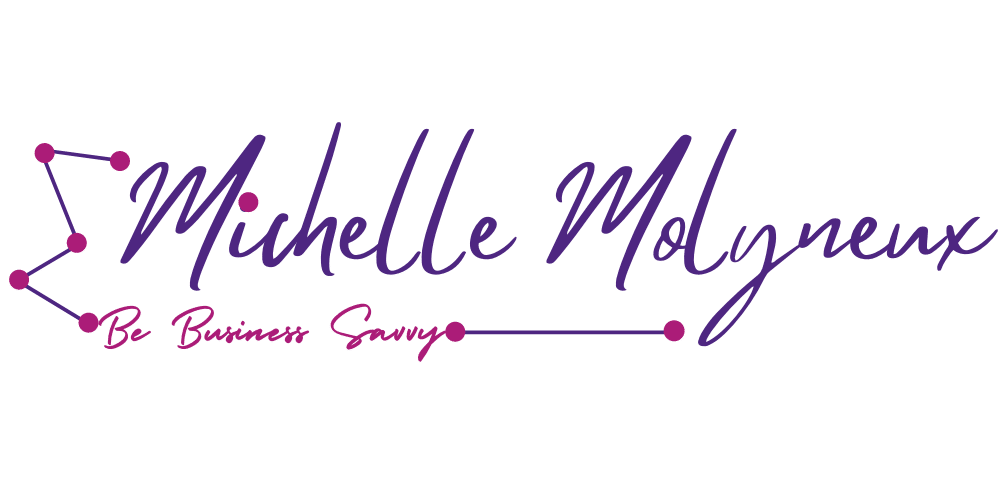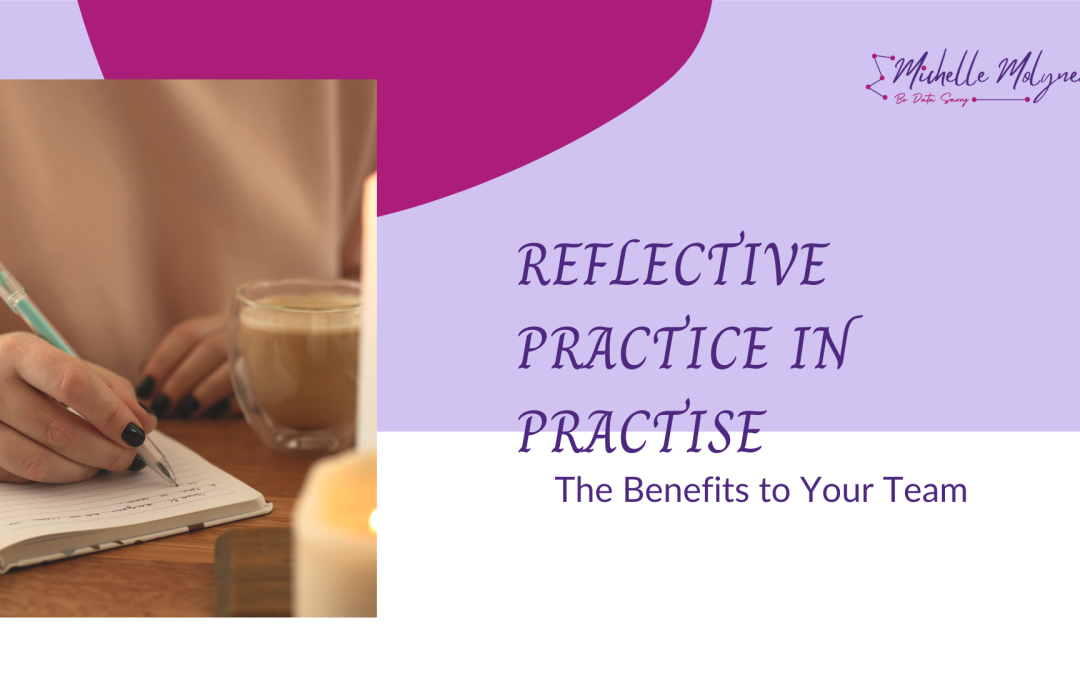Introduction
Reflective practice is a process of self-awareness and self-evaluation that helps individuals to learn from their experiences and continuously improve their skills and knowledge. It involves reflecting on past experiences, analysing them, and identifying areas for improvement. Reflective practice has become essential in many professions, including healthcare, education, and social work. In this blog post, we will discuss what reflective practice is and the benefits it can bring to your team.
What is Reflective Practice?
Reflective practice is a process of self-reflection and self-evaluation that involves examining your thoughts, feelings, and actions in a particular situation.
- It is a tool that helps individuals to learn from their experiences, both positive and negative, and to identify areas for improvement.
- It is carried out either individually or in a group.
- It can be used in various settings, such as the workplace, education, or personal development.
There are different types of reflective practices that individuals can use to reflect on their experiences. Some of the most common types are:
- Individual: involves reflecting on your experiences, thoughts, and feelings through journaling, meditation, or self-reflection exercises.
- Group: This involves reflecting on experiences as a group, which can include discussions, brainstorming sessions, or team-building activities.
- Critical: This involves reflecting on experiences from a critical perspective, questioning assumptions, and challenging existing beliefs and values.
- Creative: This involves using innovative methods such as art, music, or storytelling to reflect on experiences.
The type of reflective practice used will depend on individual preferences and the specific context in which it is being used.
Benefits of Reflective Practice for Your Team
Reflective practice can bring many benefits to your team, including:
- Improved Self-Awareness: Reflective practice helps individuals to become more self-aware by examining their thoughts, feelings, and actions in a particular situation. By understanding their strengths and weaknesses, individuals can better understand themselves and their impact on others.
- Enhanced Learning: Reflective practice enables individuals to learn from their experiences and develop new insights and perspectives. Through reflection, individuals can identify areas for improvement and develop new strategies and approaches to enhance their performance.
- Improved Teamwork: Reflective practice can enhance teamwork by promoting open communication and a culture of continuous improvement. By encouraging individuals to share their reflections and insights, teams can learn from each other and develop a shared understanding of their strengths and weaknesses.
- Increased Job Satisfaction: Reflective practice can also lead to increased job satisfaction by providing individuals with a sense of purpose and achievement. By reflecting on their experiences and identifying areas for improvement, individuals can feel a sense of progress and growth, leading to increased motivation and job satisfaction.
- Improved Problem-Solving: Reflective practice helps individuals identify improvement areas and develop new solutions and approaches. By analysing past experiences, individuals can create new insights and perspectives that can help them to solve problems more effectively.
Conclusion
Reflective practice is a powerful tool for personal and professional development that can benefit your team significantly. By promoting self-awareness, enhancing learning, and improving teamwork, reflective practice can help your team to achieve its goals and continuously improve its performance. So, why not try reflective practice with your team today and see the benefits for yourself?
We believe in supporting businesses to embed reflective practice and can support its implementation. To learn more, check out here, or why not book a free discovery call to see how we can support you?

